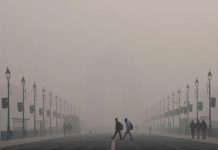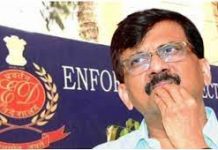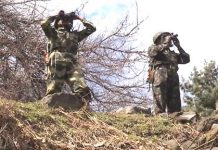 When “Complex issues are being reduced to binary opposites, resulting in polarisation,” media needed a forceful reminder to “check, recheck and contextualize the information”. And who could have been better qualified than President Pranab Mukherjee to do this? During Ramnath Goenka Memorial Lecture at the Indian Express, the organisation where I worked earlier, the President said “When so many voices speak through many mediums, then many are drowned out in the cacophony. This is when the role of journalism comes in.” Unfortunately, the downside today is the sheer scale and volume of data means that information available today remains unfiltered and in many cases even unchecked.” Indeed fact-checking plays one of the significant roles in the media. When opinions are deeply divided, objectivity is at a premium. Facts must be never sacrificed to elevate opinion into truth.
When “Complex issues are being reduced to binary opposites, resulting in polarisation,” media needed a forceful reminder to “check, recheck and contextualize the information”. And who could have been better qualified than President Pranab Mukherjee to do this? During Ramnath Goenka Memorial Lecture at the Indian Express, the organisation where I worked earlier, the President said “When so many voices speak through many mediums, then many are drowned out in the cacophony. This is when the role of journalism comes in.” Unfortunately, the downside today is the sheer scale and volume of data means that information available today remains unfiltered and in many cases even unchecked.” Indeed fact-checking plays one of the significant roles in the media. When opinions are deeply divided, objectivity is at a premium. Facts must be never sacrificed to elevate opinion into truth.
We at Tehelka are in complete agreement with the President Pranab Mukherjee on the role of Fourth Estate. President has rightly said, “Democracy without a free press is like a blank piece of paper” and in the same breath added, “Media must be the watchdog, the mediator between the leaders and public. It must raise and create awareness and hold the public institution accountable for all its actions or inaction.” The concentration of media power in few hands is dangerous. Objectivity has to be resorted to regain public confidence. Dumbing down news to attract more is another consequence of the phenomenal growth of the media. The bedrock of Indian civilization has been its pluralism and its social, cultural, linguistic and racial diversity.
President deserves kudos for reminding media of its responsibilities and about the threats that are looming large like “paid news”, failure to cross-check facts, ethics shown the door and unfiltered news. Ideas must be cast in stone and followed by all journalists who love democracy and freedom. Almost as a coincidence Haryana Chief Minister, Manohar Lal Khattar compared the role of a media person to that of a soldier, as he had to perform duty in difficult circumstances, and also capture rare photographs even at the borders. They have also to consider which news should be released and when because while positive news could create new consciousness in the society, negative news could create sensation. He minced no words saying that some media groups are indulging in yellow journalism, which can bring them fame for some time, but ultimately it creates hurdles in the creation of a welfare society. Indeed, a much needed timely wake-up call for media!












